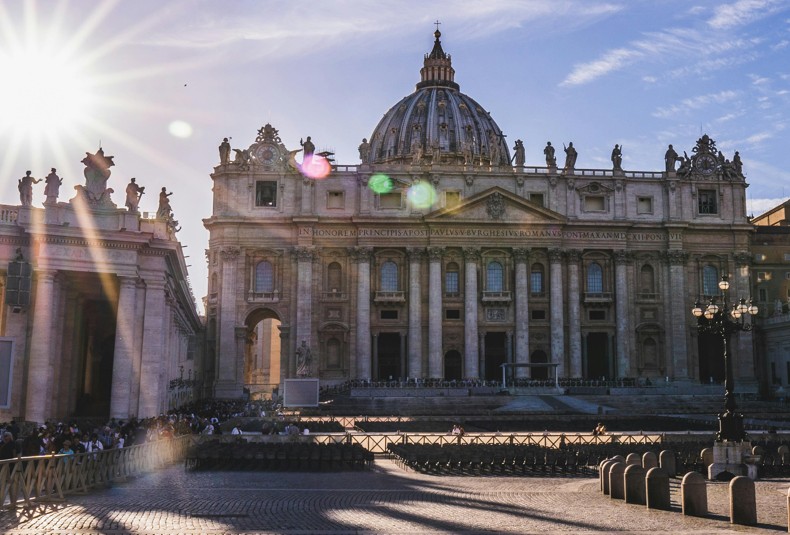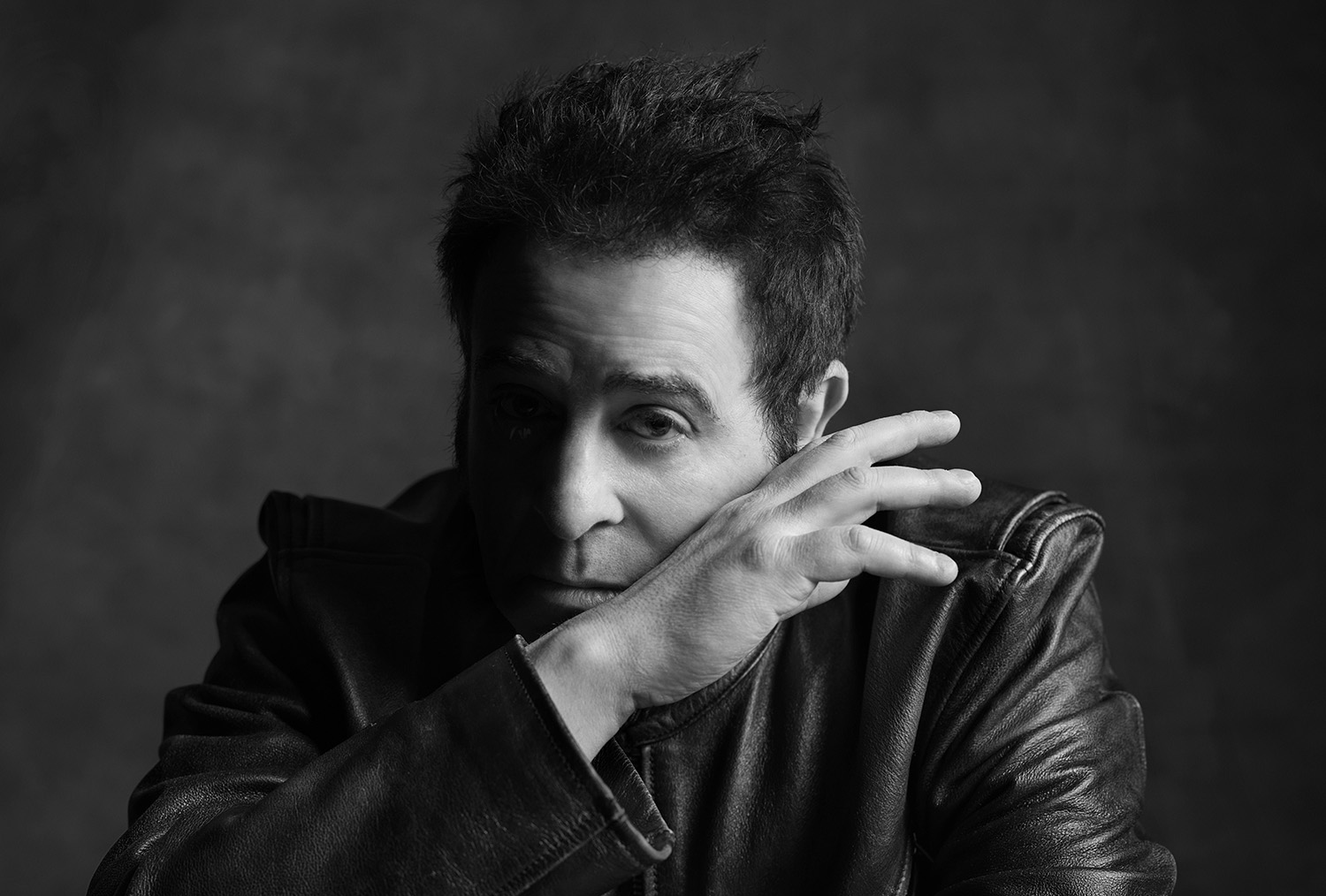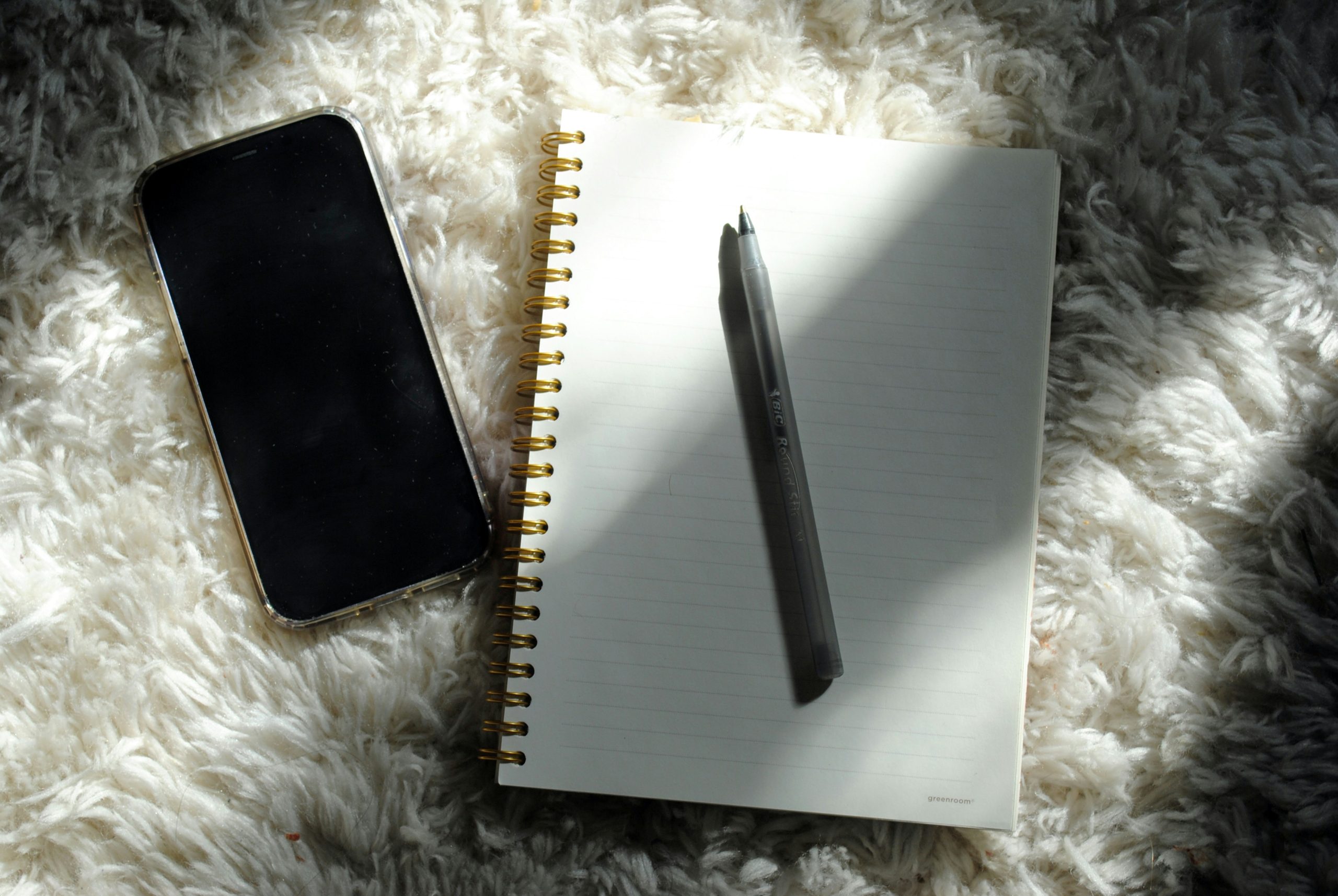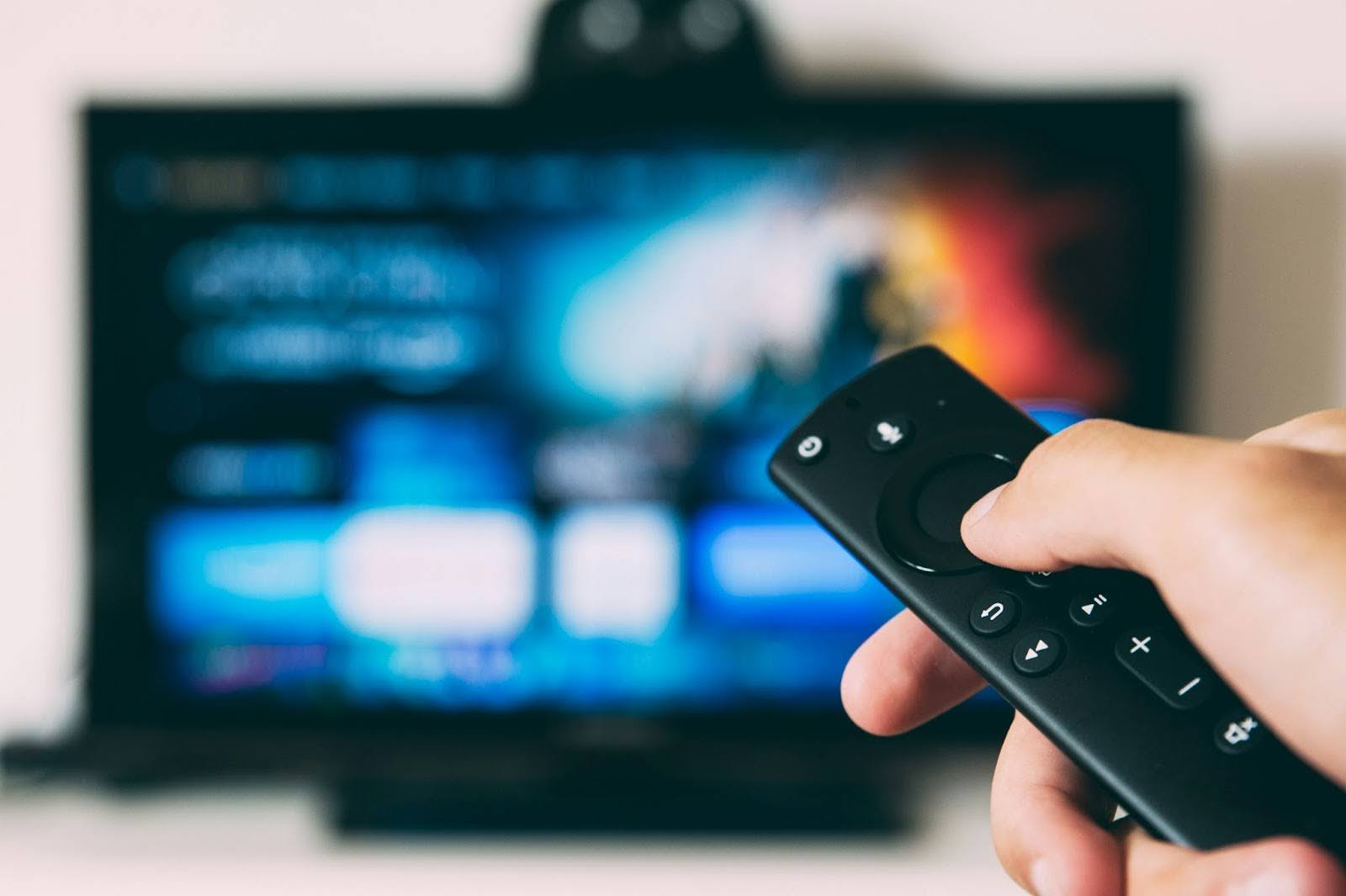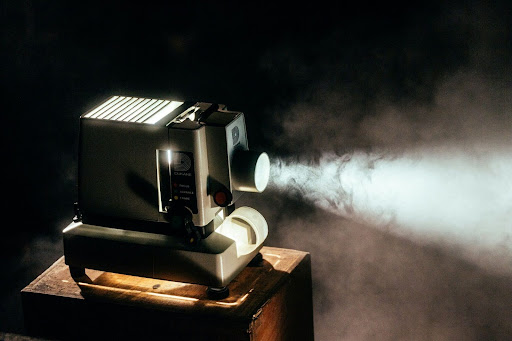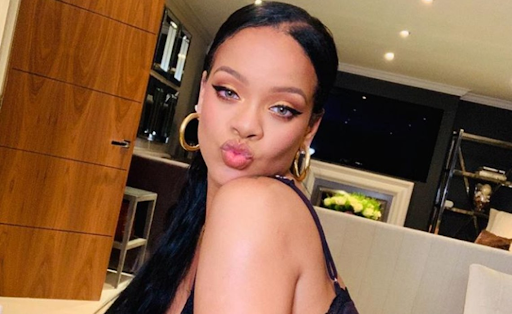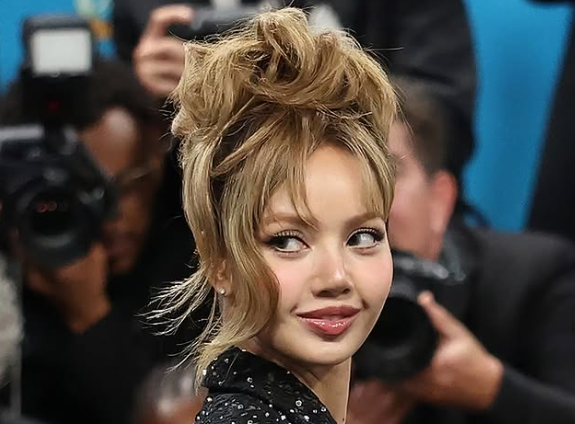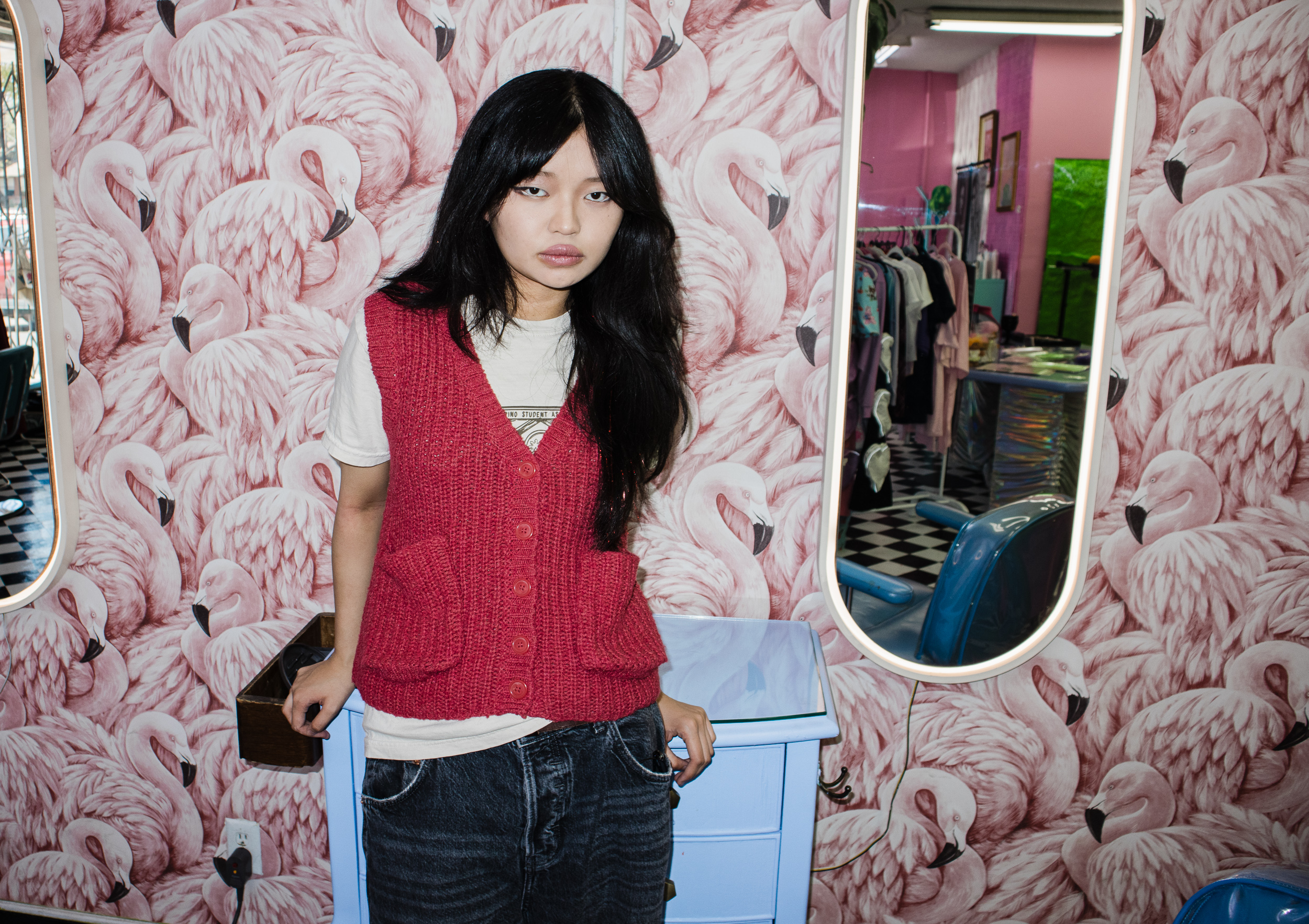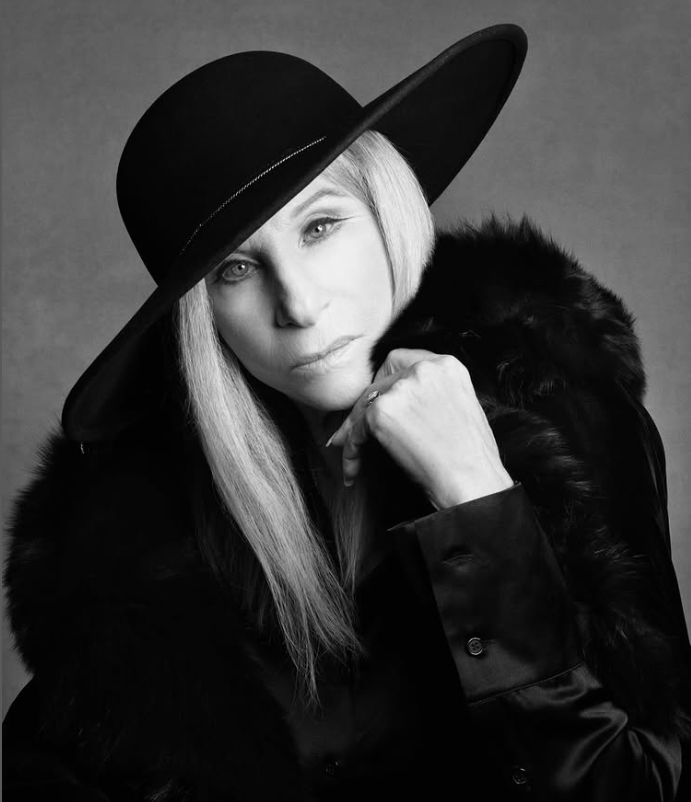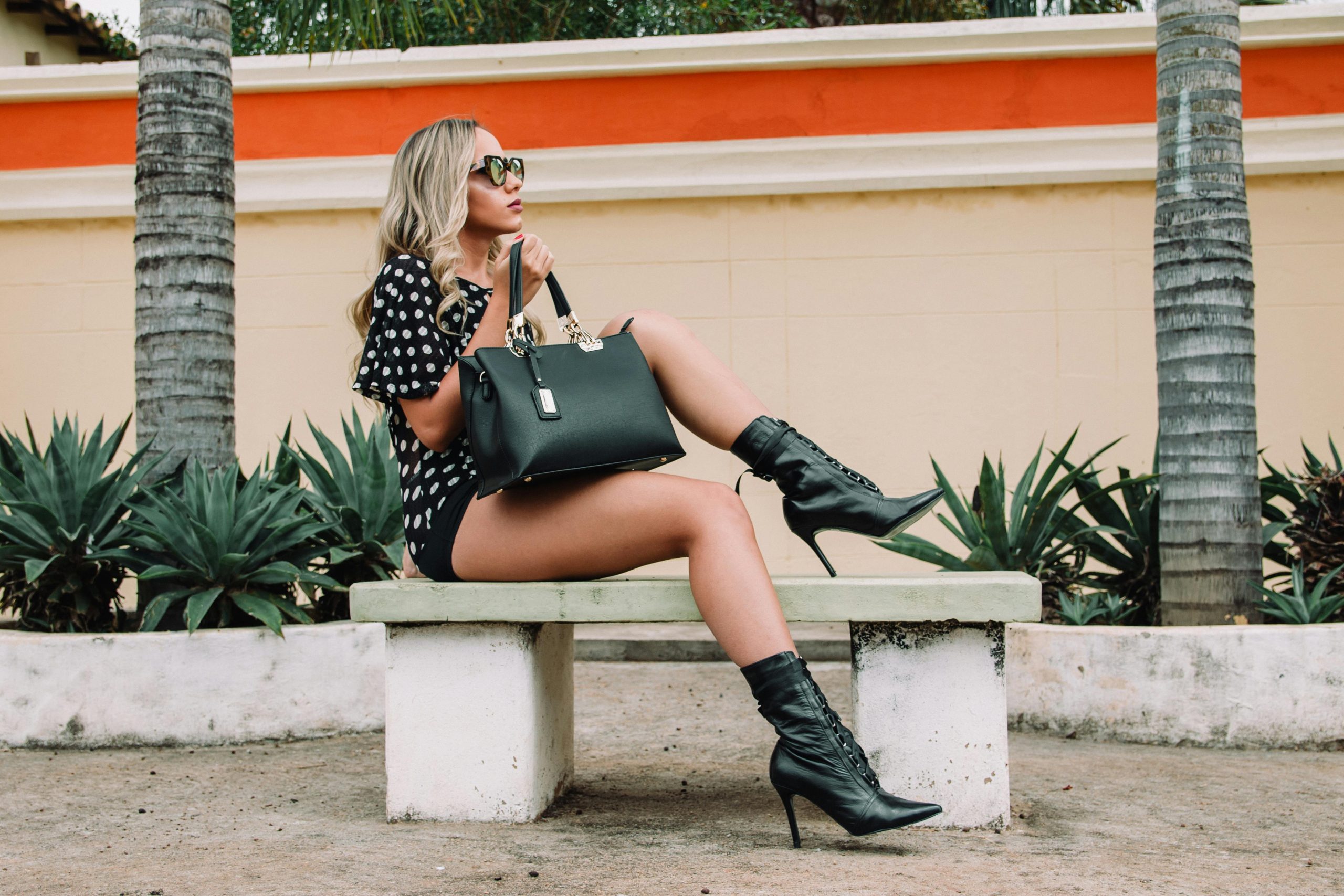CULTURE
Kendall Jenner’s Glitch and the Exhausting Infinity of Influencer Fakery
24 Feb, 21
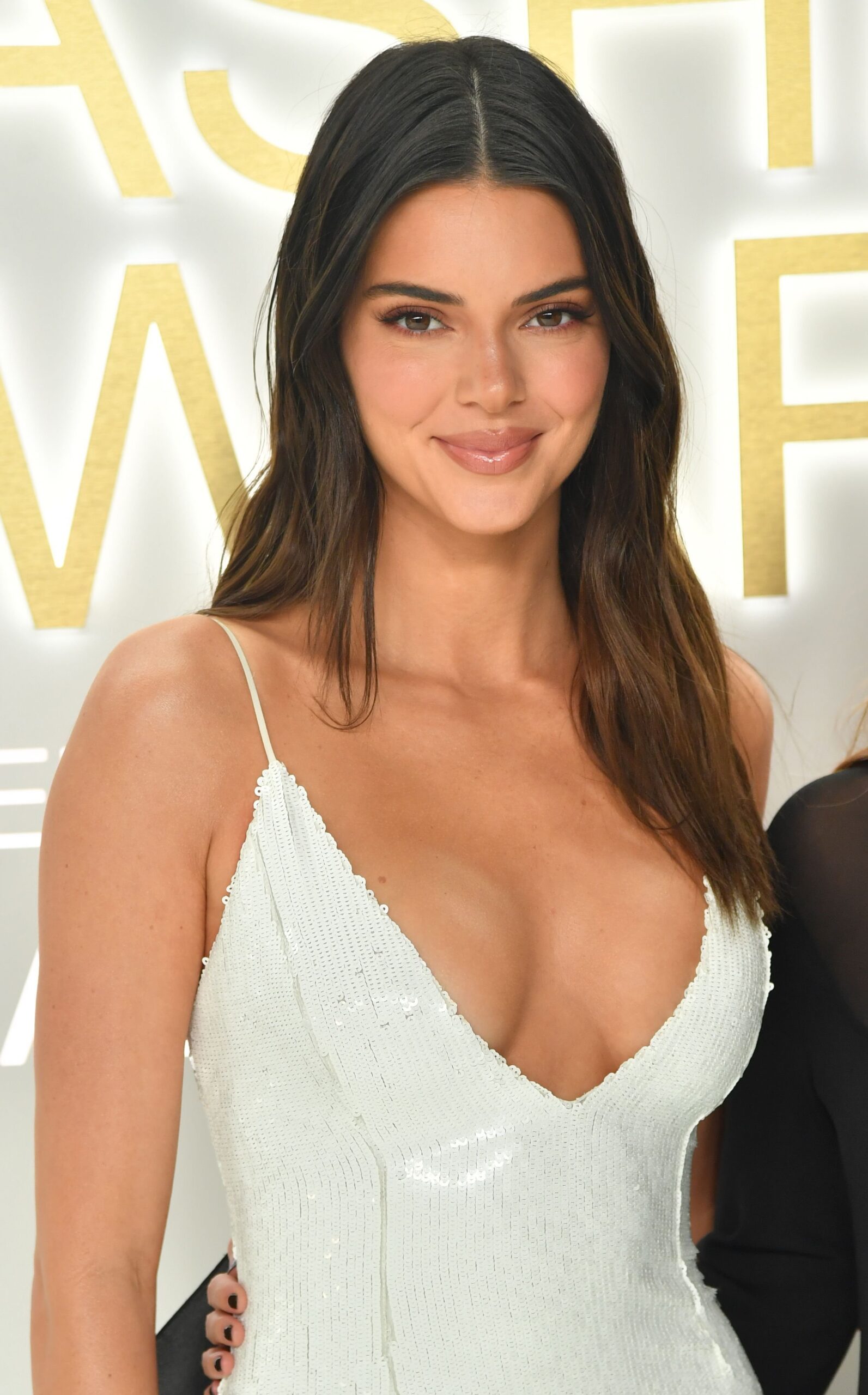
Kendall Jenner
Stephen Lovekin/Shutterstock
Fans are saying that Kendall Jenner posted an edited video on Instagram after one of her stories appears to show her waist suddenly growing slightly larger before shrinking back to its small size.
Some say the video was actually not the result of an edit but just a shift in Kendall’s position. But others insist it’s yet another incidence of a Kardashian digitally editing their appearance to fit into their perpetually unrealistic beauty standards.
Kendall Jenner does not need a smaller waist. Yet it appears she Photoshopped herself into having one, into hiding the very natural rolls that come from the simple act of sitting down.
Let’s not pretend it’s all Kendall’s fault. Long ago, Kendall pigeonholed herself as the high fashion model of the family and began visibly whittling herself into what she is now (her sister Kylie did the same).
Kendall is obviously a product of a predatory industry, desperate to become something she is not. But the difference between Kendall and most of the rest of us is she has the ability to become whatever she wants thanks to money and Internet access, which — usually — successfully preserves the illusion.
The Kardashians have a very long history of editing their posts. Earlier in 2020, fans accused Kylie of Photoshop when her swimming pool appeared to have an odd bend in it:
Even without editing, the Kardashians have long peddled dangerous diet products on their audience while also profiting off their bodily alterations. But we know this about the Kardashians, just like we know the Internet is fake. Clearly, whether content is real doesn’t matter much to audiences or consumers.
So, what does matter to us?
It’s no secret that in real life, people don’t look like what they look like online. Even without Photoshop, it’s so easy to position and frame yourself in a way that hides your flaws. With Photoshop (or any rudimentary editing software, nowadays), you can edit away almost anything, and you can become a completely different person.
And in a world where people are constantly facing pressure to look a certain way (and are told they can make money from looking that way), who can blame any of these influencers for taking advantage of the tools they have at hand?
The examples are infinite, spanning the Internet’s entire history, but they never get less surprising to see.
Earlier this year, two up-and-coming Chinese influencers posted “before” and “after” photoshop images and the world was shocked (and casually in awe of their digital skills, but that’s another story).
Apps like FaceTune and Beauty Editor — and of course the ever-trippier filters — have made false digital faces and lives like these omnipresent. And while body acceptance has long been a trend and people have been exposing the fakeness of the online world forever, that doesn’t mean that influencer culture still doesn’t overwhelm the internet.
If anything, Photoshopped, paid-for influencer culture seems to be succeeding more than ever. Influencers have been caught red-handed in every type of illusion. They’ve photoshopped themselves into fake locations or designed completely fake narratives.
Some have tried to call out the trend. The influencer @GabbieHanna purposefully made her followers think she was going to Coachella in order to point out how easy it is to fabricate a brand online.
In 2019, the Instagram account @Beauty.False began calling out influencers for photoshopping their images. The contrasts are…striking — and sad, in a way: sad for the people in them, who are getting doubly damned for both their fake and real appearances; sad for the consumers who buy them and for the people who get off at laughing at these tricks, as if you wouldn’t do the same if given the chance or pushed to a certain point.
Like all things profitable and addictive, the influencer industry keeps booming. The industry of photoshopped travel is booming, particularly during the pandemic. Influencer Joanna Olsson was recently called out for photoshopping herself into Parisian vistas, which viewers noticed when her feet appeared to be floating in one photo.
The new HBO documentary Fake Famous chronicles one filmmaker’s attempts to make three nobodies Instagram famous — and he succeeds, through engineered photoshoots and many thousands of purchased followers and paid engagement. The formula can be replicated over and over; the documentary proposes that 140 million Instagram users have over 100,000 followers. How many of those followers are real (or unpaid) is a different question.
Interestingly, Fake Famous was criticized for — get this — presenting a fake image of what Influencer culture actually is. As always, the layers of fakery are infinite, and it’s difficult to escape them even when you’re criticizing them.
“This is a confusing business, a confusion I am not exempt from,” writes Naomi Fry for The New Yorker. “As a writer who often shares her life and work online, I’m aware of my own tendency to post culturally covetable content to my Instagram and Twitter feeds, and of my greedy desire for the niche social capital that I imagine it might bring me. (While I was watching the film, it was hard for me not to keep opening Instagram on my phone, to check how many likes I’d received on my latest post, although I knew full well that no number would ever feel like enough.)”
How many of us constantly criticize social media, but keep checking it over and over?
Other influencers, such as Lil Miquela and the digitally crafted Shudu, aren’t even real at all, but that doesn’t stop them from garnering millions of followers.
Of course, long before Instagram and perhaps since the beginning of time, magazines and ad companies were editing models and promoting unrealistic beauty standards. Maybe in the end it all just comes down to capitalism, the system that makes us want to constantly optimize so we can be better than everyone else — so we can achieve that great elusive dream.
In the future, as capitalism grows later and more advanced, this trend will likely get worse, despite the fact that we’re all aware that it’s happening. The future is looking more and more like it’ll belong to the bizarre world of deepfakes, which are far more dangerous and vicious than Photoshop itself.
As AI improves, it’ll only be easier to create fake worlds online — and in that altered world, glitches (such as the one we see in the Kendall Jenner video) might be our best shot at identifying the cracks in presumed realities.
Maybe at some point people will start finding liberation in the fakeness, a la the Cyborg Manifesto, which proposes that freedom can be found as we move beyond traditional gender roles and shift into partly digital beings. Either way, it seems the real glitch has only just begun.
